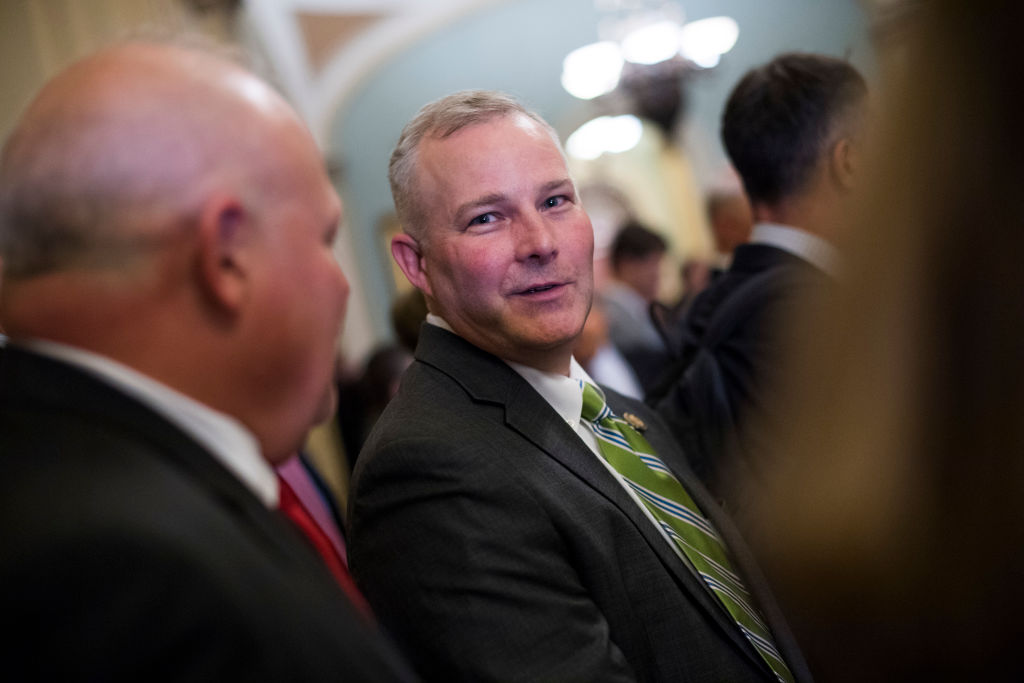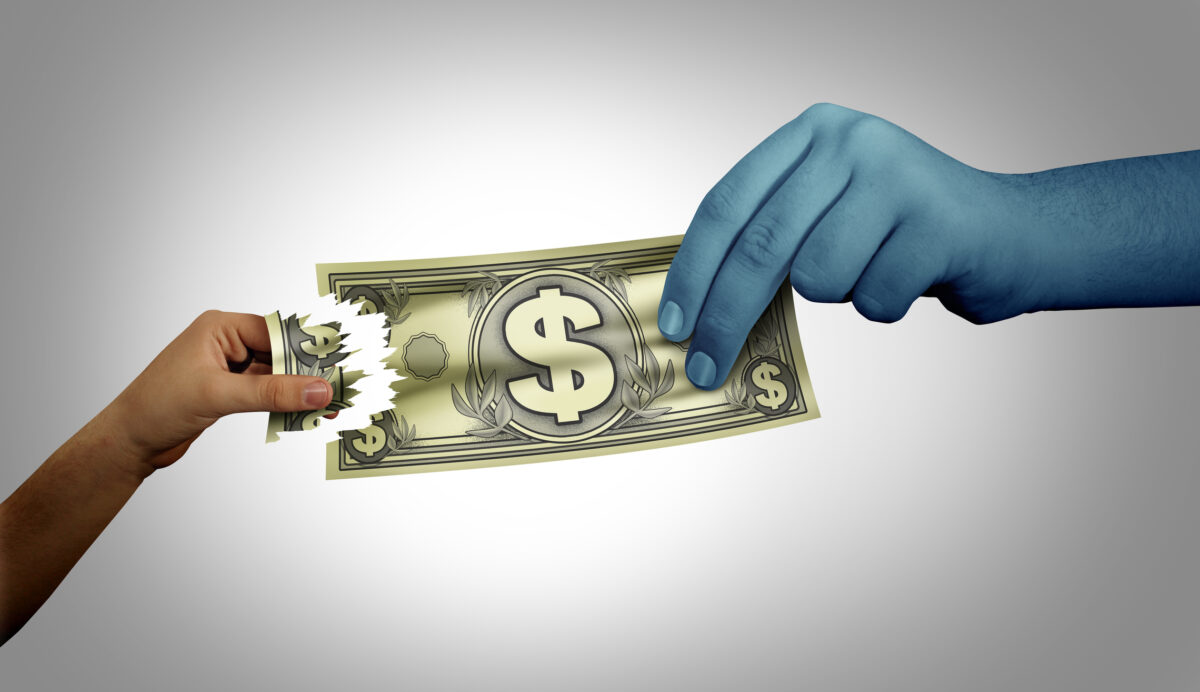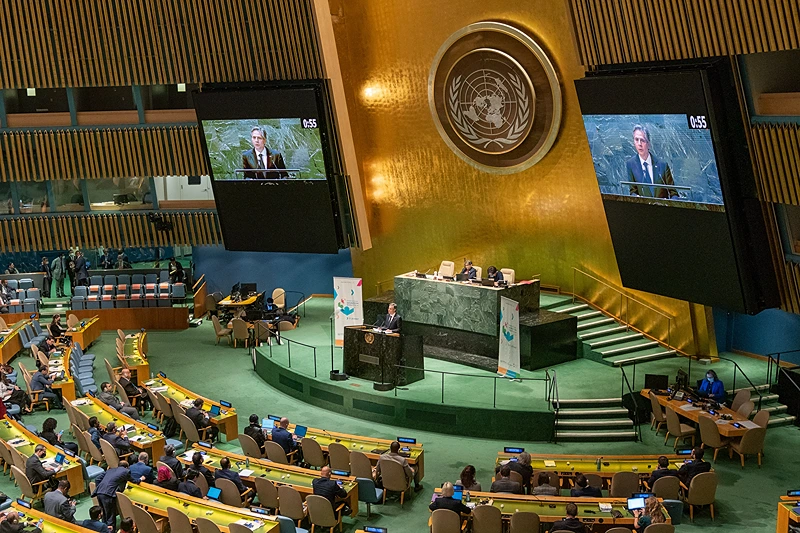Fed Prepares for Longer-Than-Expected Inflation Fight
Two Federal Reserve officials suggested Friday that inflation could last longer than expected after the central bank’s most closely monitored inflation gauge. The most significant increase in the last few months.
Loretta Mester, Cleveland Fed President, and Philip Jefferson, Fed Governor, said that they are still concerned about an inflation rate well above the Fed’s 2% target year-over-year.
Mester stated that although inflation has slowed, it is still too high. She cited recent research by the Cleveland Fed and a paper discussing inflation that suggested it could be persistant than initially anticipated.
“I see the risks to the inflation forecast as tilted to the upside and the costs of continued high inflation as being significant,” Mester spoke at the U.S. Monetary Policy Forum, New York. “So in my view, at this point, with the labor market still strong, the costs of undershooting on policy or prematurely loosening policy still outweigh the costs of overshooting.”
The comments came as the Fed’s preferred measure of inflation – the personal consumption expenditures (PCE) index – January unexpectedly acceleratedAnnually, it rose 5.4% in the last month. The inflation gauge rose 4.7% in April, excluding volatile food and energy prices. Both are significant pickups after months of declines.
The PCE index grew 0.6% in January, compared to December. Core prices rose 0.6% in January compared to December’s 0.4%. Friday’s numbers came one week after the release of the Consumer Price Index by the government. Similar increases were seen in the inflation rate.
Markets were abuzz with inflation fears and renewed rate hike worries. The Dow Jones Industrial average was the hot read. 336 points tanking.
“By betting on a terminal rate above 5.35%, the market is effectively betting that the recent momentum in both growth and inflation will be sustained through the summer,” Aneta Markowska is the chief economist of Jefferies.
Mester, who is not eligible to vote in monetary policy decisions for this year, said in an interview with Bloomberg Friday morning that the Fed’s latest inflation readings show the Fed must keep raising interest rates. However, Mester did not suggest the Fed should increase the rate by 50 basis points at its next policy meeting in March. Mester stated last week that she We wanted to raise the benchmark rate of policy by 50 basis points At the last policy meeting, she tried to speed up the peak rate, but she didn’t want surprise the markets.
Friday morning interview with CNBC: Mester also indicated that her December prediction to raise rates by a little more than 5% has not changed.
Susan Collins, Boston Fed President, said Friday that inflation remains too high and that more work needs to be done.
“Inflation remains too high, and recent data …all reinforce my view that we have more work to do, to bring inflation down to the 2 percent target,” Collins. “I anticipate further rate increases to reach a sufficiently restrictive level, then holding there for some, perhaps extended, time.”
Jefferson spoke at the conference as well and suggested that there may be a slowing inflation due to a lack of workers for certain jobs.
“The ongoing imbalance between the supply and demand for labor, combined with the large share of labor costs in the services sector, suggests that high inflation may come down only slowly,” He said.
Jefferson said that the factors driving inflation today are different than past episodes. Therefore, economic models won’t be as useful for policymakers. Jefferson stated that the current situation is unique because of the global pandemic, which caused unprecedented disruptions in global supply chains. This has a long-lasting effect on the labor participation rate.
“The inflationary forces impinging on the U.S. economy at present represent a complex mixture of temporary and more long-lasting elements that defy simple, parsimonious explanation,” He said.
Jefferson stated that he believes the Fed is responding to the inflation spike proactively. This is unlike the 1970s, and is therefore more credible now.
Here’s how a bond king looks like Jeffrey Gundlach Yahoo Finance Live exclusively spoke to about inflation, recessions and black Swans
Yahoo Finance brings you the most recent financial and business news
Get the Yahoo Finance app Apple Oder Android
Follow Yahoo Finance Twitter, Facebook, Instagram, Flipboard, LinkedIn?, and YouTube
" Conservative News Daily does not always share or support the views and opinions expressed here; they are just those of the writer."





